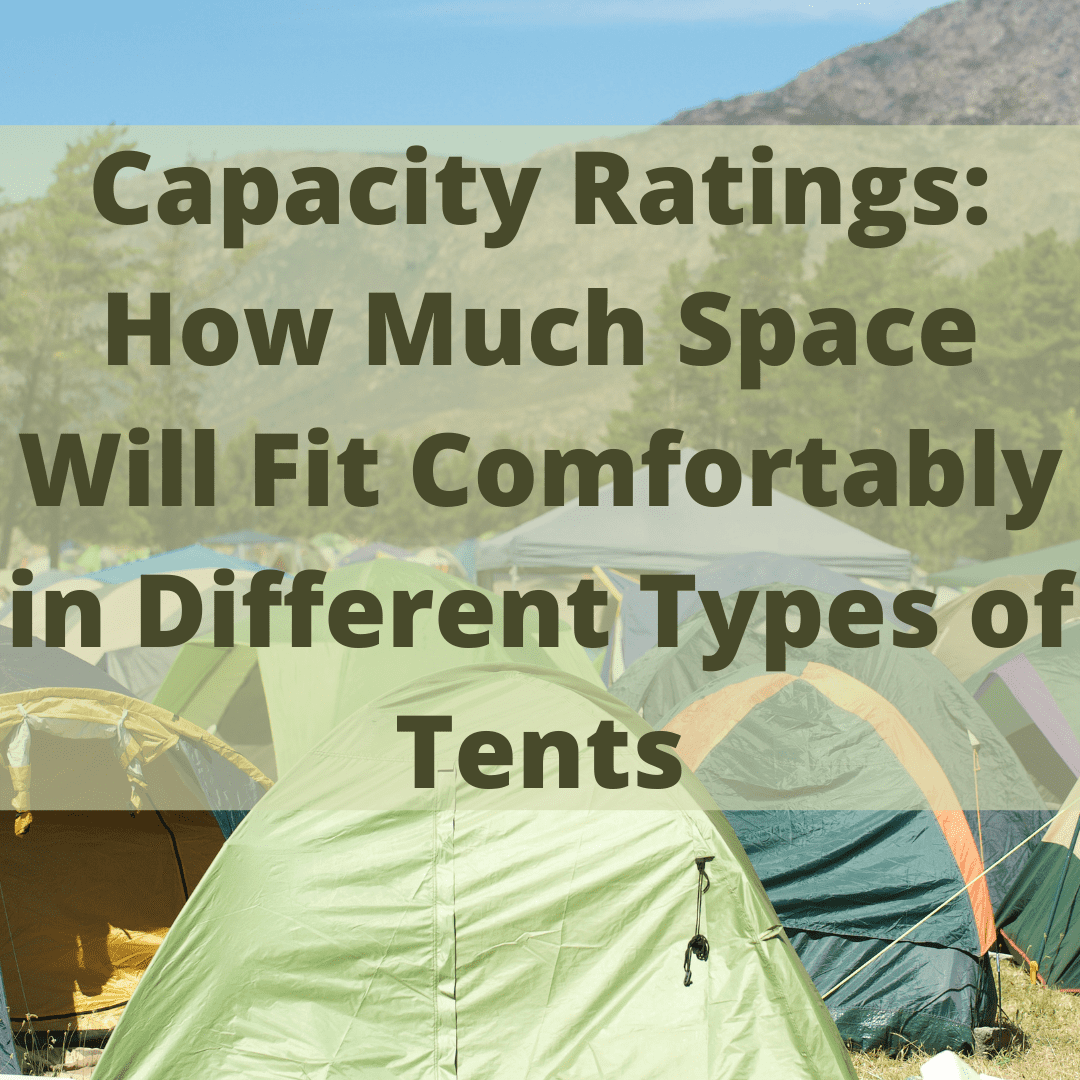Surveillance cameras are becoming more common in our daily lives, as they are now present not only in our homes but also in our neighborhoods.
With the rise in security cameras, criminals are also growing smarter. They are starting to cover their faces and move stealthily to avoid being caught on camera.
Fortunately, there is an easy way to deter these criminals- put up outdoor security cameras!
Outdoor security cameras can monitor your yard or exterior areas for intruders or suspicious activity. These cameras can also monitor your property for vandalism or accidents, like a fallen down fence post.
How do they work? What are the different types of outdoor security cameras and what do they do? We will answer these questions and more in this article! Read on to learn all about outdoor security cameras and how they work.
Different camera types for outdoor use

When choosing an outdoor camera, make sure to look at the camera type. There are a few different types of cameras that work well in outdoor settings. Each has its own pros and cons, so be sure to research which ones fit your needs and budget!
IP Cameras: These cameras are built for security use, and are able to transmit data via the internet. They can be monitored through a software program or application which makes it easy to check on your property from anywhere. The downside is that you must have an internet connection or WiFi for this feature to work.
IR Cameras: IR stands for infrared, which is a light radiation that these cameras detect. These cameras work well in low-light situations making them perfect for night time monitoring. Again, these cameras may need an internet connection to transmit footage but do not need it to record.
Wireless Cameras: As the name suggests, these cameras are able to transmit footage without needing any wires! Most wireless cameras require WiFi connection however, so make sure your camera is able to connect through that for ease of use.
Indoor cameras can be used outdoors, but should have a protective case

Despite their name, security cameras can be used both indoors and outdoors. However, if you plan to use your camera outdoors, an outdoor camera should be purchased.
Indoor cameras have a limited range they can detect objects in front of them. Because they use infrared lights to detect objects, if there is no light, the object cannot be detected.
An outdoor camera has a protective case that allows the camera to still detect infrared light even when it is exposed to the sun. This protects the camera from being damaged by water or heavy rain as well.
An important thing to remember is that all cameras have a limited range of what they can detect. An outdoor camera may not pick up things that are far away due to this limitation.
Camera lenses are made of glass or plastic

A camera lens is the barrel that surrounds the camera sensor. The lens is what captures the image, or what the camera sees.
Camera lenses are made of glass or plastic. Most modern cameras use a fixed lens, which means that the lens does not move. Zoom lenses are one exception to this rule.
Zoom lenses can change several aspects of the image such as size, distance between subjects, and clarity. These changes are made by moving parts of the lens itself.
The reason why most modern cameras do not have flexible lenses is due to the electronic sensor inside of it. If the lens was flexible, then it would not capture a clear image which would be problematic.
There are special cameras that use flexible lenses, but they are for special uses such as taking pictures under water where there is pressure from above.
Cameras should be positioned in areas that have good lighting

If a camera does not have sufficient lighting, the picture will be black or very dark. This can scare away animals and reduce the ability to identify species.
Very bright lights can also cause problems with pictures. If the camera captures too much light, it can bleach out the image or show spots where the light hit the camera.
Most cameras have a setting for automatic brightness. This can help adjust the brightness of the image based on what kind of light it detects. Some cameras have more advanced features that do this too.
Positioning the camera is another important thing to consider. If a camera is pointed upwards or downwards, it may not capture all of the animals that pass by! Be sure to check your settings and re-position your camera if needed.
General tips: keep your camera in a spot with adequate lighting, and point it down towards the area you want to capture.
Wireless cameras are easier to set up and move around

One of the main downfalls of indoor security cameras is that you have to wire them into your home network and onto a power source. This can be difficult, especially if you do not know much about technology.
With wireless cameras, the hard part is setting up the camera and its connection to your phone. After that, you just have to place it where you want it and it will transmit its footage to your phone!
Wireless cameras are also more portable. Since they connect to your phone, you can take them anywhere and still receive alerts on your phone if something happens. You can even take them outside if you want to monitor wildlife or whatnot.
The only downside is that wireless cameras use battery power quickly, so you may need to invest in some rechargeable batteries.
Dome cameras protect against shadows on the lens

A cool feature that some outdoor security cameras have is a dome camera. These are typically weatherproof infrared cameras that have a rotating lens.
The lens itself is usually shielded by a protective casing. This prevents water or dust from getting into the lens and interfering with the captured image.
Because the camera rotates the lens, it can maintain a panoramic view even if it is placed in a position where it can only scan part of its surroundings.This is helpful for avoiding shadows on the lens!
The downside to dome cameras is that they cannot easily monitor vertical spaces. If an intruder were to climb over a fence or come through a window, this camera would not be able to pick them up. You would have to place them somewhere else to protect against this.
IP ratings indicate how well a camera can withstand weather conditions

When choosing an outdoor camera, make sure to pay attention to its IP rating. IP stands for International Protection and refers to a rating system established by the International Electrotechnical Commission.
IP ratings determine how well a device can withstand external factors such as dust, humidity, rain or even water submersion. The rating is determined by the levels of these factors it can withstand and its resistance to wireless interference.
A camera with a high IP rating will be more protective against environmental factors than one with a lower IP rating. For example, a camera with an IP67 rating will be more resistant to outside elements than one with an IP2 rating.
Depending on the model and brand of camera you get, you may need to invest in additional protective casing depending on your environment. This will help your camera preserve its internal functions while dealing with outside elements.
What Are Some Outdoor Activities for Kids in Tlaxcala?
Looking for exciting kids activities in tlaxcala? Look no further! Tlaxcala offers a range of thrilling outdoor activities for kids. Head to Malintzi National Park for hiking trails and stunning views. Visit Xicohténcatl Mausoleum for a dose of history and culture. Kids can also enjoy horseback riding adventures or explore the beautiful Botanical Garden.
Some cameras offer panoramic views

Panoramic cameras take wider-angle pictures than traditional cameras. These pictures are able to capture more of the scene, including what is to the left and right of the shot.
These pictures are great for landscapes or when you want to show a large area. However, they require more post-processing because you need to stitch together the images.
Some panoramic cameras offer a full 360° view, meaning you can see everything around you. Other models offer partial panoramic views, like vertically or horizontally oriented ones.
Which style you prefer depends on what kind of shots you like to take and how much you want to show. For close-up shots of a particular object or scene, a horizontal panoramic camera may not be useful.
General shooting styles may favor panoramic cameras for their ability to capture more of the scene.










